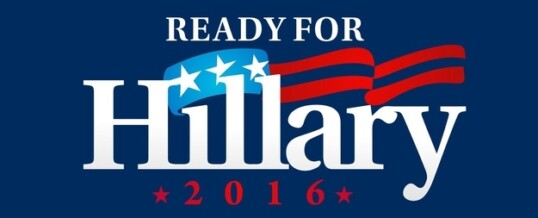
The Harper government set tongues a-wagging and jaws a-dropping when it started attacking Canadian charities for accepting donations from other countries. The row began in 2012 when Joe Oliver, then Natural Resources Minister, accused ‘environmental and other radical groups’ of taking money from ‘foreign special interest groups’ in order to influence hearings about a possible tar sands-to-BC pipeline. Environment Minister Peter Kent said that ‘There has also been concern that some Canadian charitable agencies have been used to launder offshore foreign funds.’
That set off a witch hunt, spearheaded by the Canada Revenue Agency, which in the months since has caused many old, legitimate and perfectly ordinary organizations untold expense and grief.
Now, however, the shoe is on the other foot. It turns out that the Canadian government has given money to an American charity with a very political board member who may run for president in 2016. The charity—the Clinton Foundation—does plenty of good work in the United States and abroad, and it has received funding from several foreign governments, including Germany, Australia, Qatar, Oman and Saudi Arabia.
But it’s the optics that captured the attention of Clinton enemies and the Wall Street Journal, which said that the C$600,000 donation raised ‘ethical questions as Hillary Clinton ramps up her expected bid for the presidency.’
The WSJ said that the Canadian donation came from a ‘Canadian agency’ called the ‘Foreign Affairs, Trade and Development Agency of Canada,’ which is, coincidentally, ‘promoting the proposed Keystone pipeline.’ Someone at the Clinton Foundation told the WSJ that the Canadian donation ‘originated from an agency office separate from the one that advocates for Keystone XL.’
Perhaps the Clinton spokesman was unaware of Canada’s Global Markets Action Plan which aims to ‘ensure that all Government of Canada diplomatic assets are harnessed to support the pursuit of commercial success by Canadian companies and investors.’
Perhaps the spokesman didn’t know that CIDA and DFAIT were merged with precisely this in mind, and that Development Minister Paradis, also fond of harnessing things, has said, ‘we are forging a new path to harness the power of the private sector to save lives.’
In fact, it would be difficult these days to slip a sheet of Kleenex between Canada’s aid program and the government’s commercial interests, so the Wall Street Journal is perhaps justified in smelling a rat, even if it does think that DFATD is just an agency.
In all fairness, however, the Clinton Foundation does excellent work on a wide range of very serious development problems, and there is plenty of justification for Canadian government support, even if it isn’t mentioned on the DFATD website.
The problem is that ‘all fairness’ can’t be situational. You can’t demonize Canadian charities for fundraising abroad, especially when so many have been defunded by the Canadian government, and then expect that nobody will notice that the government has done something a little demonic itself in the other direction.
Maybe the Clinton Foundation will be forced by the weight of American public opinion to give this and other foreign government funding back. That would be a shame. Meanwhile, in Canada, ‘agencies’ like DFATD—and Mr. Harper’s ministers—should think a little harder about the concept of foreign funding, and whether it is really the unethical, dangerous thing that Joe Oliver, Peter Kent and others have made it out to be.
